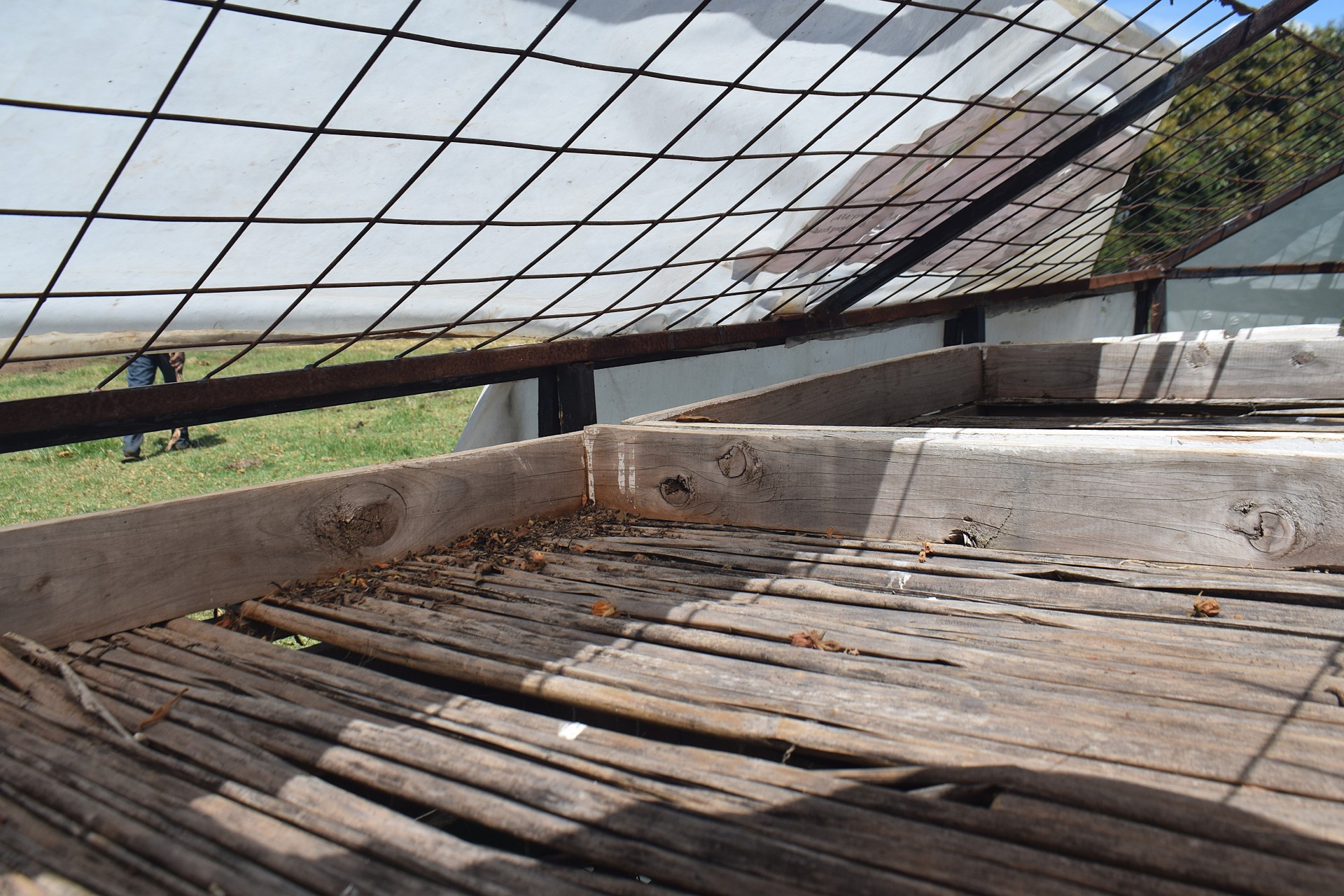On May 12, 2025, First Lady Hon. Rachel Ruto launched the Mama Kitchen Garden National Program in Koibatek, Baringo County. This program aims to improve nutrition at home and in schools while providing farmers with extra income.
Every kitchen garden planted is a step towards food security, especially during tough economic times. By growing fresh produce at home, families become more self-reliant, reducing dependency on an unstable market.
On May 12, 2025, First Lady Hon. Rachel Ruto launched the Mama Kitchen Garden National Program in Koibatek, Baringo County. This program aims to improve nutrition at home and in schools while providing farmers with extra income.
It marked a new journey toward household food and nutrition security, empowering communities particularly women with the knowledge, tools, and climate-smart practices needed to establish and sustain kitchen gardens.
Rachael Ruto urges every household to consider setting aside some space for a kitchen garden.
Read More
"These kitchen gardens will be sacred to our Nation as sources of food, joy, and with surplus production, a source of income as we share and sell in our markets," she said.
In addition to enhancing mental health and promoting physical activity, homegrown foods boost immunity and energy through regular access to fresh greens. The program encourages growing fruits like passion fruit and strawberries, which can be cultivated vertically to maximize space.
According to the Cabinet Secretary in the Ministry of Environment, Climate Change and Forestry Deborah Barasa, the Mama Kitchen Garden program aligns with the Sustainable Develepment Goals (SDG 2) – Zero Hunger, the Bottom-Up Economic Transformation Agenda and the National 15 billion Tree Growing Campaign.
“It intends to promote sustainable agriculture, improved nutrition, environmental conservation and economic empowerment at the grassroots level,” she said.
It also promotes water conservation through drip irrigation, ensuring sustainability in arid areas. By utilizing kitchen and garden waste, the program enhances soil fertility without chemical fertilizers.
Natural pest management is another focus, using organic products like neem oil and companion planting to keep gardens chemical-free and eco-friendly.
The initiative addresses malnutrition, particularly among low-income families, and teaches households to recycle non-degradable waste, such as repurposing old tires into garden beds.



-1769677767.jpg)


